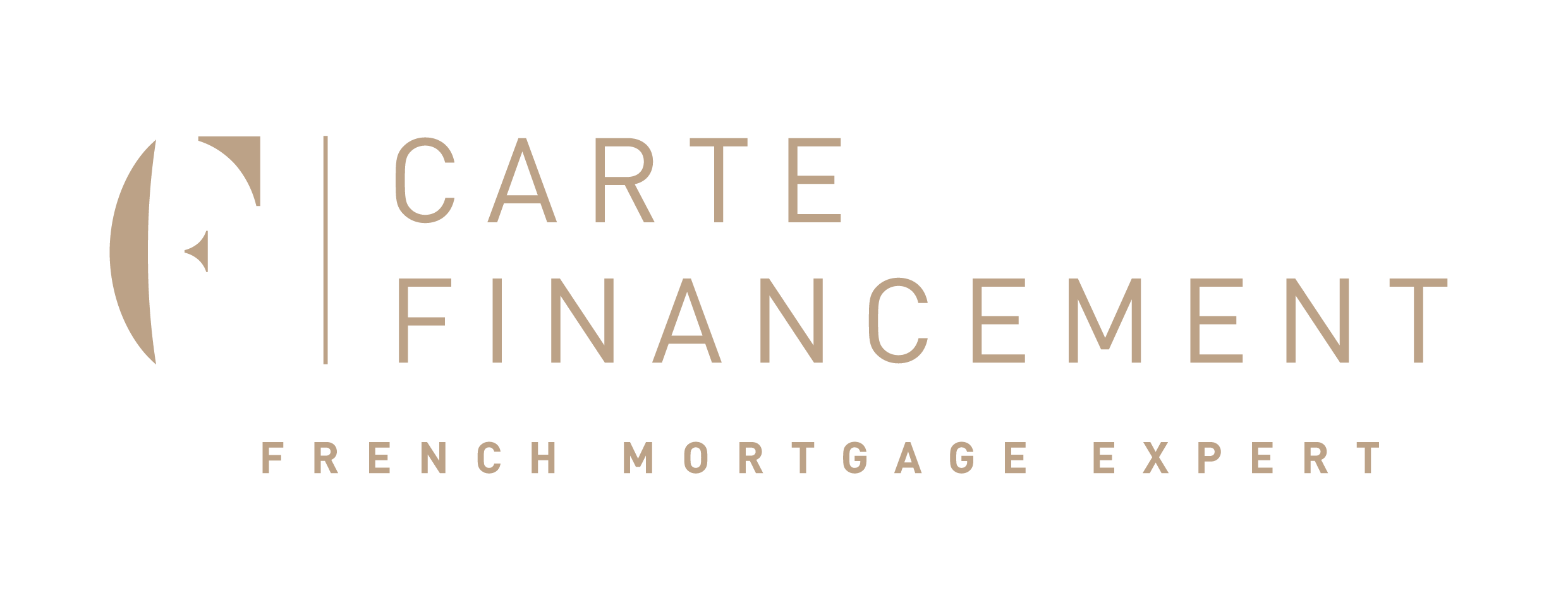On both sides of the Channel, you can get a mortgage loan. Although the operation is similar, in truth everything is different. What you need to know.
Regardless of the nature of the loan and the country in which you wish to obtain a mortgage loan, there are immutable criteria: have sufficient income to repay monthly payments, a deposit, assets, etc. But these criteria are not understood in the same way in France and the United Kingdom.
Mortgage loans in France and UK: cultural differences
For primarily cultural reasons, the criteria for granting loans are different on both sides of the Channel, even though borrowing to buy a property is part of the same operation. In Britain, banks are interested in assets (real estate, savings, etc.) owned by the borrower, and a little less in income and expenses. The deposit is essential and will determine the interest rate granted. In France, the granting of the loan is based more on the income and expenses of the borrower than his personal assets. So it is possible to borrow up to 100% or even 110% of the value of the property. That is, without a deposit and with notaries fees included. This unthinkable practice in the UK was also singled out by the Haut Conseil de la Stabilité Financière (French Financial Stability Board) in early 2020, which asked French banks to be more demanding in terms of deposits.
Mortgage brokerage habits
Secondly, the terms of borrowing are not quite the same. In France, fixed rates dominate and the repayment period for redeemable loans ranges from 7 to 25 years depending on the situation. In the UK, credit is granted for a shorter period of 2 to 5 years. As a result, it is not uncommon for it to be a bullet loan, not a redeemable loan.
Similarly, mortgage brokerage is much more widespread: 70% compared to nearly 40% in France. This difference was even greater before 2012 when mortgage brokerage was not yet regulated in France. Intermediation rates are often higher in the most regulated countries. Since 2012, the market share of mortgage brokerage in France has increased from 15% to 40%. The European “MCD” directive, transposed in 2016, has expanded the practice of brokerage in many countries such as Portugal and Belgium. This gap between France and the United Kingdom can also be explained by the need to negotiate the terms of the loan very regularly, and first of all the rate. Moreover, do not be surprised about differences in value. UK banks set a greater margin from mortgage loans than in France and relatively little on additional services. On the contrary, their French counterparts set a lower margin from mortgage loans but are more interested in complementary products and services: borrower’s insurance, current account, life insurance… Mortgages in France are above all a loss leader!
Mortgage loan or equity release
While French banks are not always comfortable with the possibility of freeing up liquidity by mortgaging a property owned, it is fairly common for the British to undertake these equity release transactions enabling them to dynamically manage their property assets and seize opportunities. This is another very big cultural difference that highlights two very different approaches to the way in which a property guarantee is approached. While the very concept of mortgage loans is to grant credit by taking a lien on the financed property, one might wonder about the reluctance of French banks to grant a mortgage loan on a property that is already owned and on which there is sometimes almost no outstanding loan. Whether you apply for a mortgage loan by pledging a property you already own as collateral or whether you do the same transaction for a property you want to purchase… in the end, the credit risk will be the same, won’t it? Same borrower, same property… only the transaction changes. Beyond the shock of different attitudes, in fairness to French banks, the consumer code is very protective in France and does not make it easier for the banks when it is necessary to exercise the mortgage guarantee and seize the property. Nothing insurmountable, of course, but the delays would be much longer, and during this time the bank would have to make provision for a potential loss and raise costly capital.
You may also be interested in : Type of French mortgages


